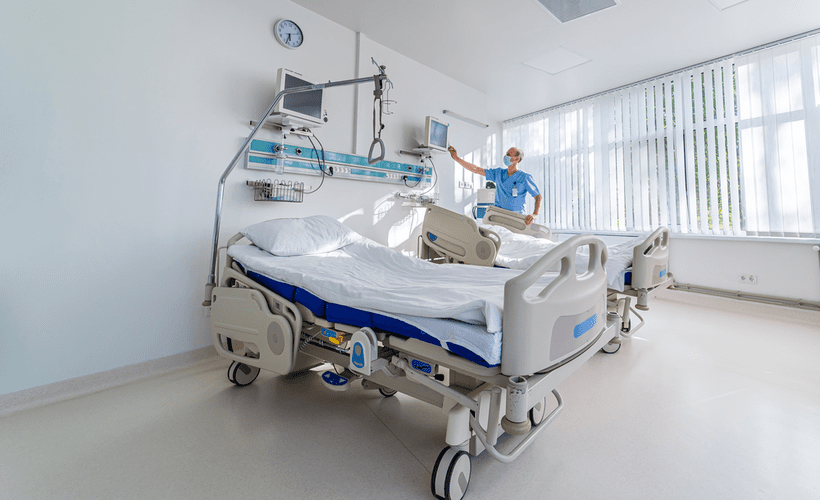9 Expert Tips for Recovering From a Hangover
In addition to feeling thirsty, common symptoms of dehydration include dry mouth, headache, dizziness, and fatigue. Prolonged dehydration can also lead to more serious health issues such as kidney stones and urinary tract infections. Alcohol’s dehydrating effect isn’t some mysterious process; it’s a direct consequence of how your body handles it. Your body has a sophisticated system for regulating fluids, and a key player is a hormone called Sober living home vasopressin (or ADH).
Drink Responsibly At Altitude
As a rule, it takes one hour for your body to process one alcoholic drink, so making your drink last longer, and therefore drinking less and more slowly will help keep you hydrated. Drinking on an empty stomach will speed up your blood alcohol levels so you get both drunk and dehydrated faster. Before your night out, make sure you have a good meal with plenty of carbs, such as rice, pasta, or potato. This will help your body to slow down the amount of alcohol going into your system. And, even more than usual, it’s essential to drink water https://gestoriatorresygonzalez.com/peer-support-building-connections-in-recovery/ before, during, and after your post-bacchanal sweat session, since the body is already dehydrated from overindulgence in alcohol.
- Alternating between alcoholic drinks and water can help maintain hydration levels and reduce the dehydrating effects of alcohol.
- Instead of conserving water, your kidneys receive signals that encourage accelerated excretion, leading to a noticeable increase in urine output.
- Some of the most obvious signs of dehydration caused by alcohol include thirst, headaches and dark yellow urine.
- Similarly, someone with a faster metabolism might process alcohol more quickly, leading to increased urination and faster dehydration.
- The extent of improvement depends on each person’s individual factors such as the duration and severity of alcohol abuse, genetics, and overall skin care.
Drink An Electrolyte Solution Or Sports Drink
- When you take in too much beer, your body loses an excessive amount of fluids.
- These symptoms are likely to be masked by alcohol consumption, which can make them more difficult to spot, too.
- Alcohol is high in calories and, at the same time, inhibits the conversion of fats into energy, which can lead to the accumulation of liver fat and gaining weight on keto.
Alcohol consumption can also impact fluid balance through enhanced fluid loss via respiration. Alcohol affects our respiratory system and can lead to increased breathing rate. This heightened respiration rate causes more water vapor to be exhaled from our lungs, resulting in fluid loss. While alcohol consumption is common, especially here in California where over 89 million gallons of alcohol was consumed in 2021 alone, the knowledge about its effects isn’t always as widespread. Here at Pacific Sands, our hands-on, clinical director believes in providing educational information to help people be informed about their alcohol use and health. Today we’re looking at alcohol, dehydration, and how the two can go hand-in-hand.

Maintain Optimal Hydration with DripDrop and Save 25%

In fact, for every 1g of alcohol consumed, urine excretion increases by 10ml, which does alcohol dehydrate you can significantly impact hydration levels. That’s not just a hangover; it’s your body screaming for water. Alcohol actually dehydrates you, and this guide will explain exactly why.
- Milk is also a good choice to help you rehydrate, assuming your hangover hasn’t put you off dairy.
- Opting for lighter-colored drinks can be a smart choice when you’re aiming to minimize dehydration.
- When you ditch the booze and focus on hydration, you’re offering your body an opportunity to shine.
- Common signs of dehydration include feeling thirsty, having a dry mouth, headaches, and feeling tired or dizzy.

